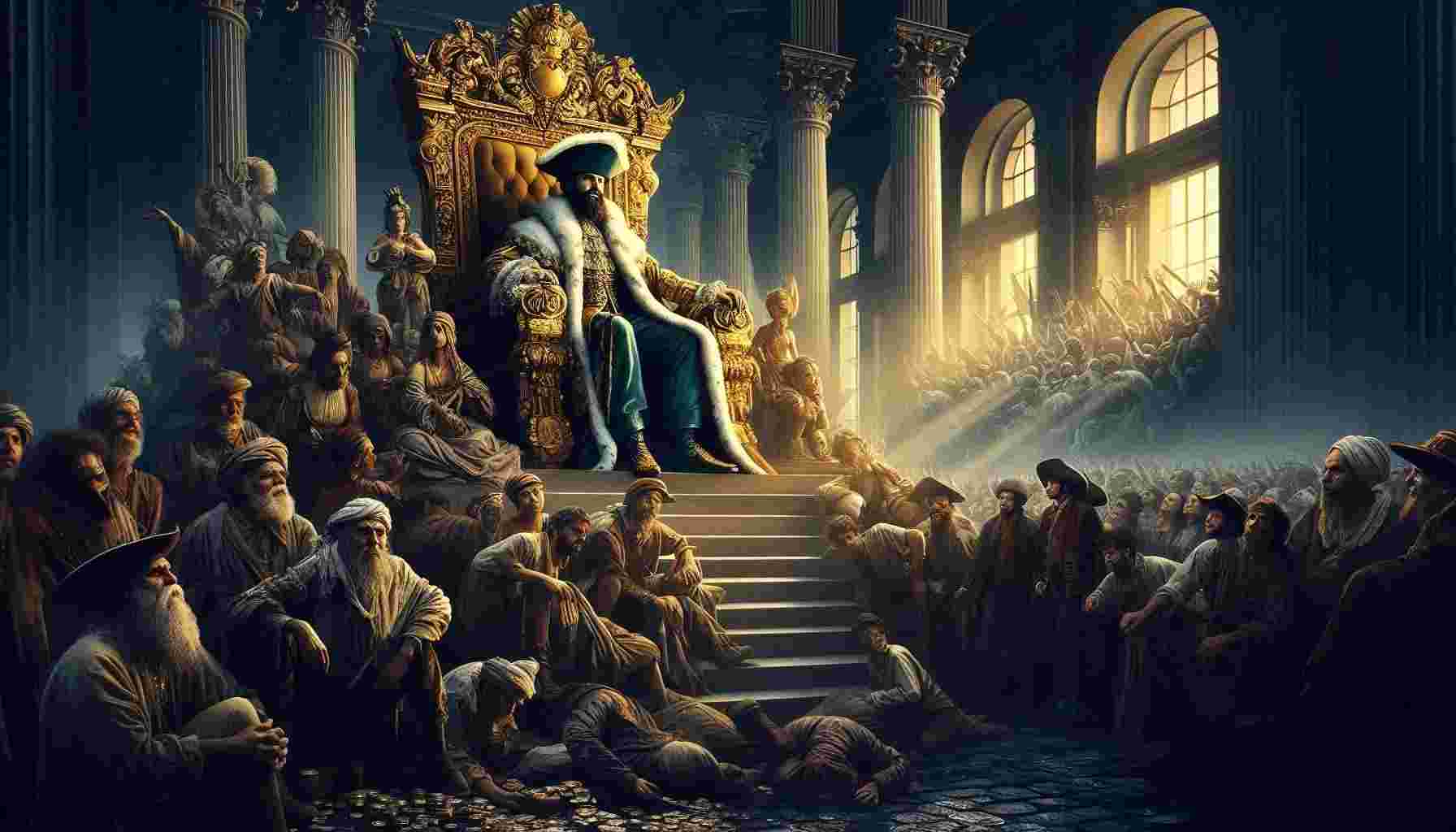What Is Despotism, And How Is It Explained In Class 10?
Short Answer:
Despotism means a system where one person holds absolute power and rules without considering others’ rights or freedoms. In Class 10 History, despotism often refers to oppressive rulers who crushed dissent and silenced people’s voices, causing revolutions like the French Revolution.
Detailed Answer:
Okay, let’s break down despotism. Imagine a boss who not only micromanages everything but also decides when you can eat, sleep, and maybe even breathe. That’s despotism – absolute power in the hands of one person, no questions allowed.
In Class 10 History, despotism is often linked to rulers who abused their authority. They made decisions without consulting anyone and oppressed people for their own benefit.
For example:
- Louis XVI of France: He lived a life of luxury while commoners starved. His despotic ways sparked the French Revolution.
- Tsar Nicholas II of Russia: His rigid control and ignorance of people’s suffering led to the Russian Revolution.
Despotism isn’t just about power; it’s about using it unfairly. It ignores people’s needs, crushes their voices, and leads to rebellion. When we study despotism in Class 10, we learn how unchecked power can harm society and why revolutions often arise to challenge it.
So, in simple terms, despotism is a red flag in history – a reminder of what happens when power isn’t balanced by justice and fairness.

